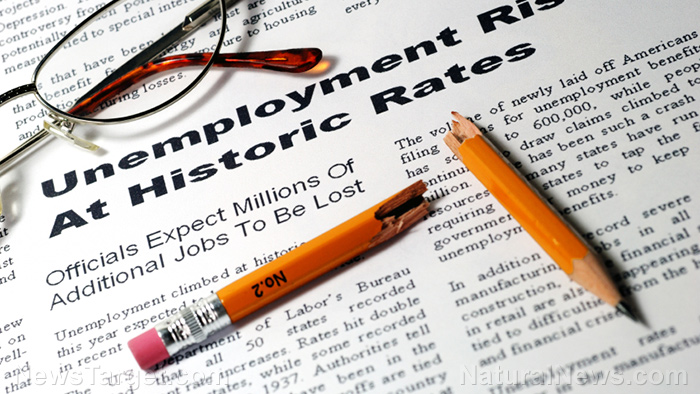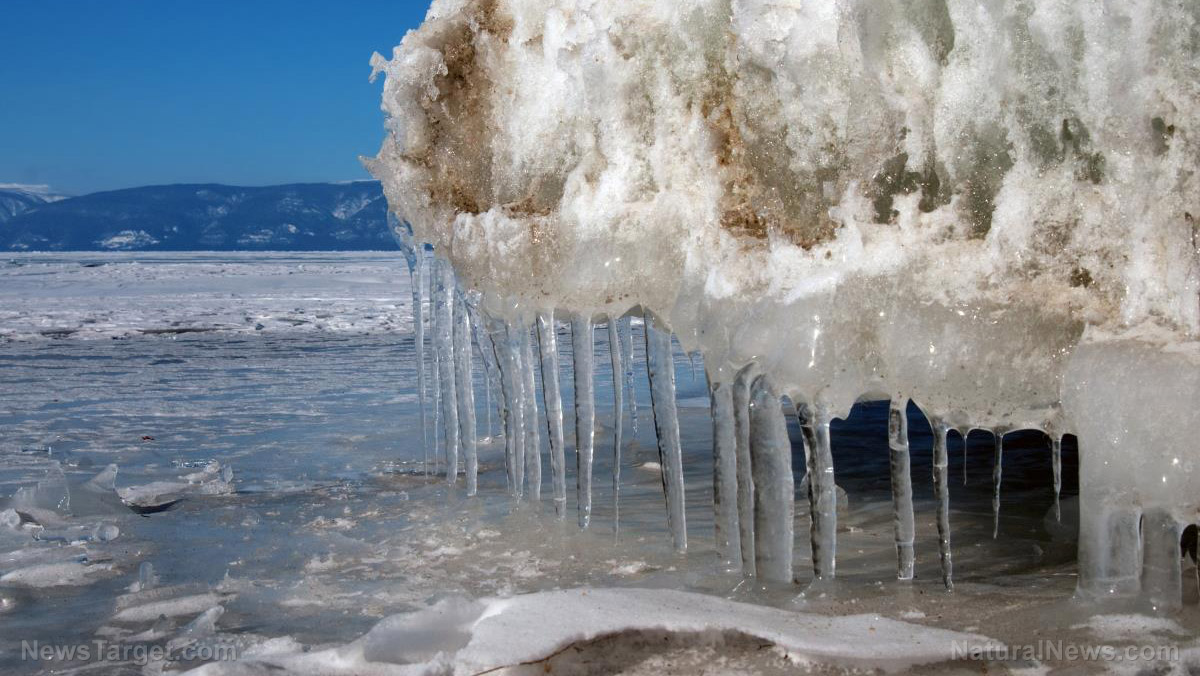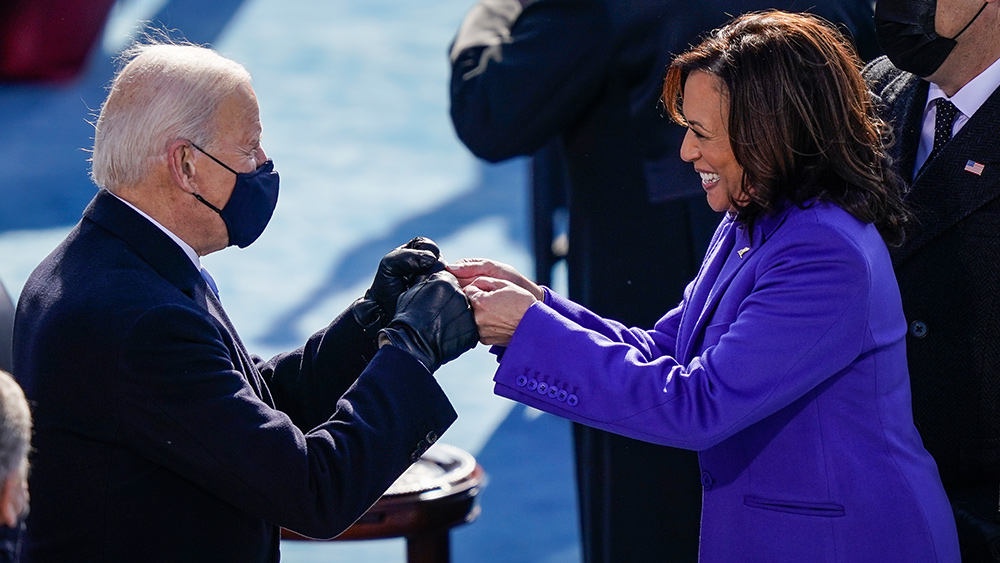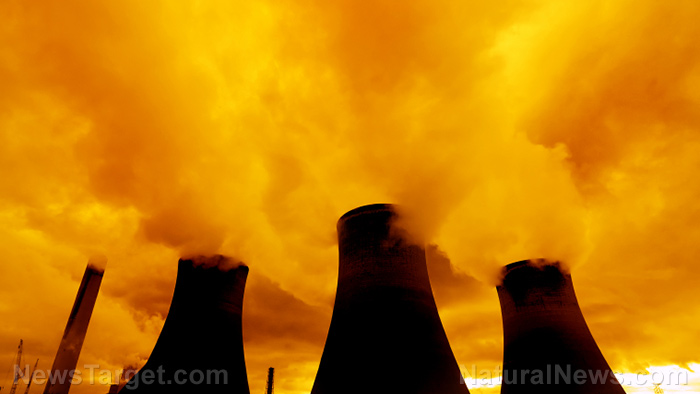Millions of Appalachian homes impacted by Hurricane Helene have no flood insurance because most FEMA maps don’t consider flooding from rain
10/03/2024 / By Ethan Huff
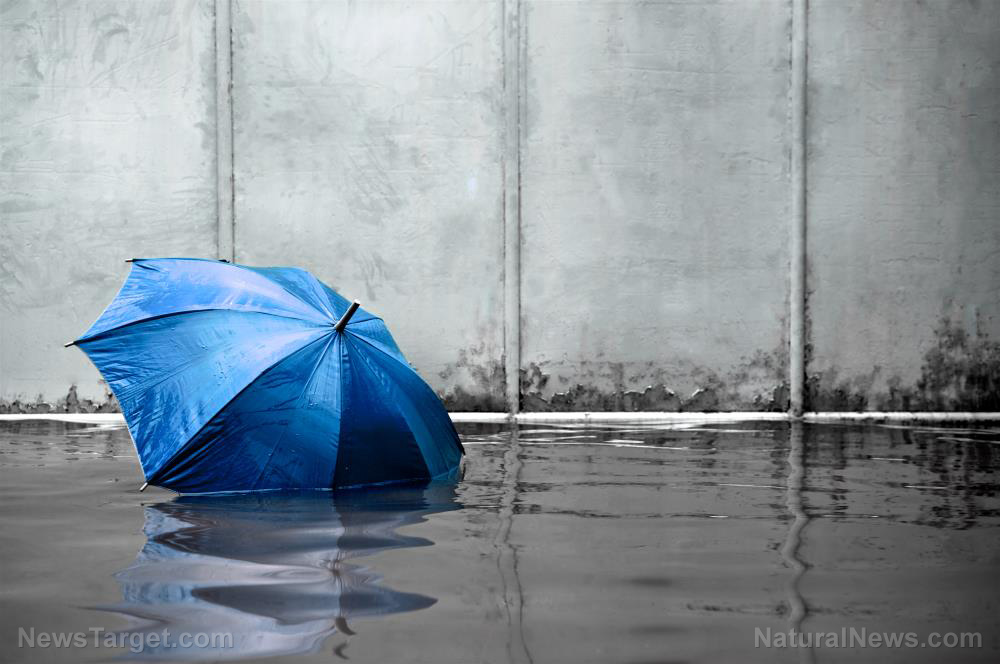
The utter devastation caused by Hurricane Helene in the Deep South highlights a very serious problem that now plagues many of the victims: a lack of flood insurance coverage.
Of the upwards of $30 billion in physical damage and losses that Enki Research disaster modeler Chuck Watson estimates to have occurred from the storm, the vast majority will not be covered by insurance due to the way flood zones are mapped by FEMA.
“The ratio of insured to uninsured has been dropping” all across the country, Watson warned. “And a lot of that is due to floods not being covered by the private sector.”
The Federal Emergency Management Agency says that just four percent of Americans have flood insurance. Most of these policies were issued under the government’s National Flood Insurance Program, meaning there are very few private-sector flood insurance policies.
There are two main reasons for this lack of coverage:
1) Most people are simply unaware that regular home insurance does not cover floods.
2) Most people who live in a flood-risk area are unaware of their precarious situation, should a disaster strike.
While homeowners who live within FEMA-designated flood zones are required by law to purchase flood insurance if they have a mortgage, only about one-third of America’s floodplains has been mapped by FEMA, according to the Association of State Floodplain Managers.
It turns out that most of the FEMA flood maps that do exist make no consideration for pluvial flooding, or flooding caused by rain. This is why most flood insurance policies are held by people who live along coastlines rather than inland.
Reinsurance broker Guy Carpenter conducted an analysis which found that in most inland counties throughout the Southeast and Appalachia, flood coverage under the federal program currently stands at about 2.5 percent or lower – so basically zero.
(Related: FBI whistleblower Marcus Allen is warning Americans to prepare because doomsday is coming.)
For many, home insurance is just too costly
Another reason why many Americans do not have flood insurance is become of the high costs. Home insurance in general is becoming too pricy and out of reach for many Americans, let alone add-on insurance for flooding of the kind caused by Hurricane Helene well inland from the coasts.
According to Christopher Graham, a senior industry analyst at AM Best, a credit rating agency that looks primarily at insurance, low uptake of home insurance is caused by “a combination of people not believing the risk applies to them and not wanting to pay the price.”
Between 2018 and 2023, home insurance rates in the seven states hit by Helene – Florida, Georgia, Kentucky, North Carolina, South Carolina, Tennessee and Virginia – have risen on average by more than 27 percent. The price hikes for flood insurance have been especially steep.
In 2021 during the Wuhan coronavirus (COVID-19) “pandemic,” the National Flood Insurance Program, which is managed by FEMA, released its Risk Rating 2.0 update showing that about 75 percent of primary residences in the affected Southeast and Appalachian areas experienced home insurance rate increases of 18 percent, which is the statutory limit.
At the time, Benjamin Keys, a professor of real estate at the University of Pennsylvania’s Wharton School, testified before Congress that half of all home insurance policyholders will see their premiums more than double after five years. This massive increase in a relatively short period of time is a big reason why many people have dropped their home insurance policies in recent years.
Since 2000, the state of Florida has cost U.S. taxpayers more than $850 billion, this figure covering all the aid that was given to non-policyholders. Florida is responsible for two-thirds of all costs from natural disasters.
Everything seems to be getting crazier and more out of control by the day. Learn more at Chaos.news.
Sources for this article include:
Submit a correction >>
Tagged Under:
absurd, big government, chaos, Climate, Collapse, debt bomb, debt collapse, disaster, Ecology, environment, FEMA, finance riot, Flooding, Hurricane Helene, insanity, insurance, money supply, panic, pensions, rain, SHTF, stupid, weather terrorism
This article may contain statements that reflect the opinion of the author







